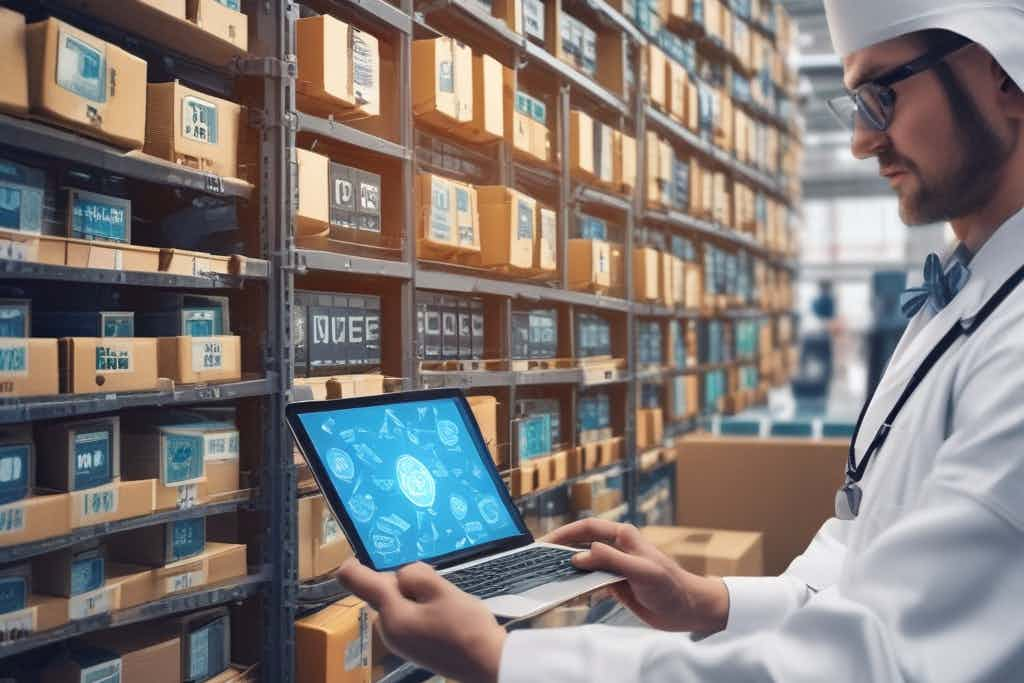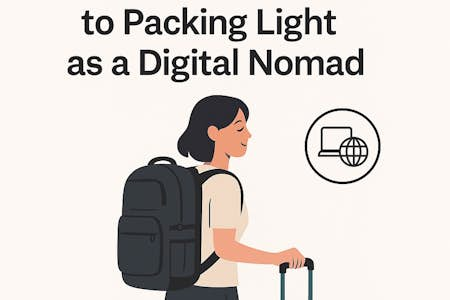When you hear the word “blockchain,” what’s the first thing that pops into your head? Be honest—it’s probably something like Bitcoin, tech nerds mining crypto in their basements, or that one guy from college who won’t shut up about Ethereum. Right?
But here’s the twist: blockchain’s real glow-up isn’t happening in the crypto world anymore. It’s quietly doing some heavy lifting in places you’d never expect—like tracking the apples in your grocery bag or keeping your medical records safe and tidy.
Weird combo, right? But hang with me—it actually makes a ton of sense.
Let’s Talk Supply Chains (Yeah, Really)
Okay, I know “supply chain” isn’t exactly a thrilling phrase. It sounds like something buried deep in a corporate report that nobody reads. But think about it—how does that coffee you're drinking actually make it to your cup? Or that designer bag? Or, heck, even a simple box of cereal?
Turns out, there are a lot of steps involved. And right now, a lot of that tracking is, well… kind of a mess. Paper records, conflicting spreadsheets, phone calls that go in circles. Chaos.
Enter blockchain. No flashy logos, no crypto coins—just a clean, unchangeable digital record of every step your product takes.
The Real Deal with Tracking
Let’s say you bought some organic honey that claims it’s from a remote forest in northern India. Sounds exotic, right? But how do you really know it wasn’t bottled in a basement five blocks from your house?
With blockchain, every step—from the beekeeper to the bottler to your local store—can be logged and verified. No guesswork. No “take our word for it.” You can literally trace that jar’s journey like a GPS for goods.
And It’s Not Just About Honey
We’re talking luxury goods, high-end electronics, and especially meds. Imagine knowing for sure that your prescription isn’t some sketchy knockoff. That’s a big deal.
Now, Onto Healthcare (Because That Could Use Some Help)
If you’ve ever moved to a new doctor and had to fill out the same medical history form again (and again and AGAIN), you already know the system’s kind of broken.
Hospitals don’t talk to each other. Labs lose results. Your info floats around like a game of telephone. It’s not just annoying—it’s dangerous.
Blockchain’s Fix? Give You Control
With blockchain, you could actually own your medical data. Imagine pulling up your full record on your phone and deciding exactly who gets access to it. Not some hospital administrator. Not a government database. You.
Better Sharing Without the Drama
And when doctors do need to collaborate—say, a specialist and your GP—they can both see the same up-to-date info without a hundred faxes or endless back-and-forth calls.
Bonus: No More Fake Drugs
Yep, just like in supply chains, blockchain can help track medical supplies—ensuring the meds you take are legit. No expired pills, no counterfeits sneaking in.
Wait—It’s Not Perfect
Let’s get real for a sec. Blockchain isn’t some magic wand that fixes everything. It’s not super fast when there’s a ton of data. It’s tricky to integrate into old systems that were built when floppy disks were still cool. And don’t even get me started on regulations—it’s a legal jungle out there.
But here’s the thing: people are figuring it out. Slowly. Carefully. And honestly? That’s better than jumping in blind.
So, Where’s This All Headed?
Big names are already testing blockchain in the real world—Walmart’s using it to track food, hospitals are exploring how to manage records, and logistics companies are geeking out over better traceability.
It’s not sexy. It’s not loud. But it’s working.
Final Thoughts (That Aren’t Just Corporate Jargon)
Here’s the truth: blockchain’s not just for crypto anymore. It’s rolling up its sleeves and doing actual, meaningful work in places that matter.
So next time someone says “blockchain” and your eyes glaze over, maybe don’t tune out so fast. It might just be the tech quietly fixing problems you didn’t even know had solutions.











